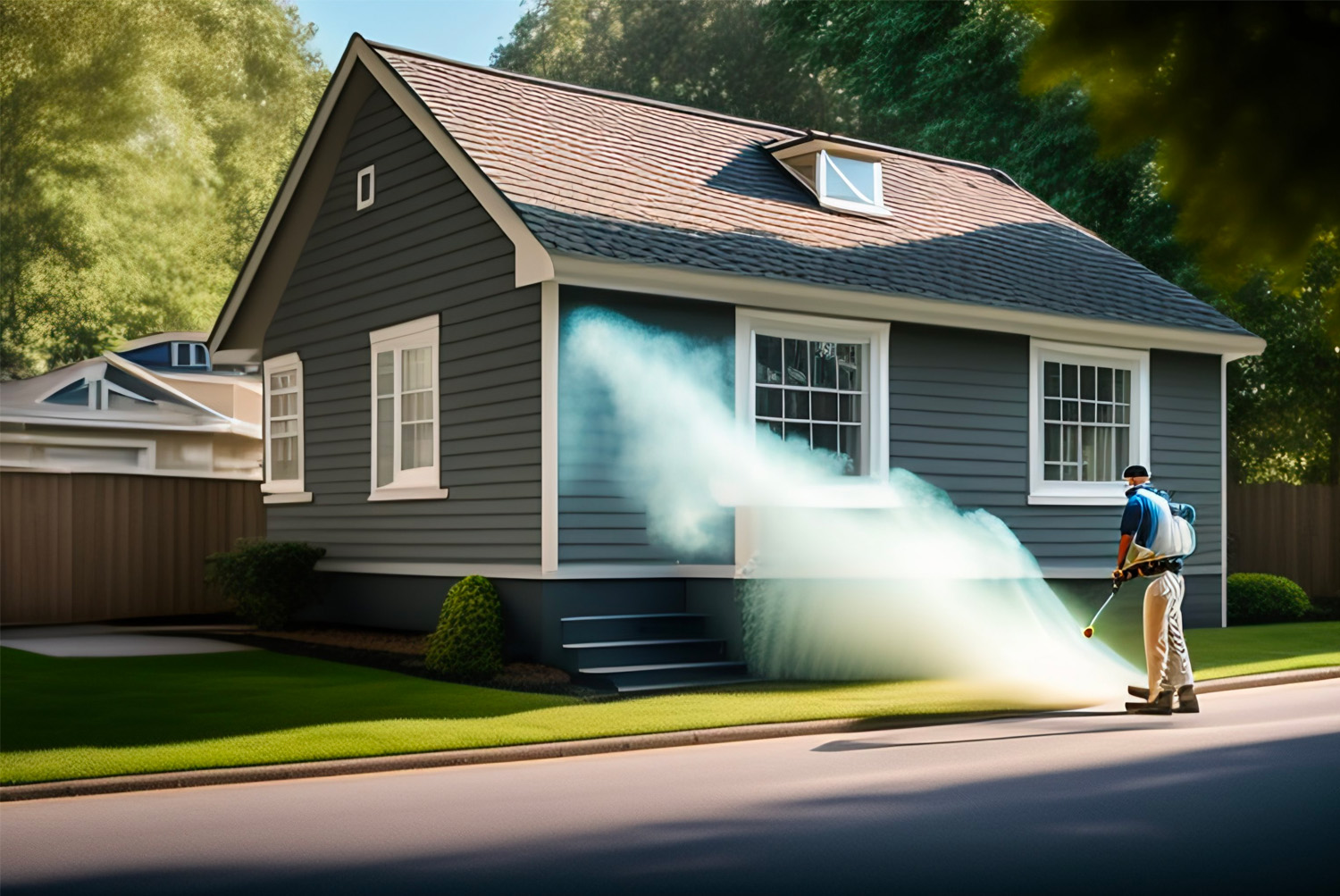Homeowner Tips for Pest Control
Pests can be a nuisance in any home, causing damage, spreading diseases, and being generally unpleasant. If you spot or suspect a pest in your home, before reaching for a can of bug spray, try the following methods for effective pest control:
- Keep things clean to starve the bugs: Insects need food to survive. Dry foods in a cupboard, garbage in a trashcan, crumbs on the floor, or even residues from spills can all attract bugs. Keep storage containers sealed, and clean up messes quickly and thoroughly.
- Block off bug highways: Seal up any cracks or gaps in baseboards, moldings, cupboards, pipes, ducts, sinks, toilets, and electrical outlets. Also, weather-strip doors and windows to reduce routes of entry for pests.
- Identify the specific pest: Take a picture, or even capture one when possible, and have a professional identify it. This way, you’ll know how to fight it.
- Target the specific pest: If you use a pesticide, select one designed for that specific pest. It will work better and do less harm to beneficial insects.
- Use bait stations or traps: These can help control pests without chemical sprays. Be sure to use enough traps to be effective.
- Fight the resistance: Instead of spraying more of the same chemical, try switching to something with a different active ingredient and/or mode of action.
- Control rather than eliminate: In some cases, it may be impossible to eradicate a pest. Work to achieve a tolerable level, especially in outdoor settings.
- Sticky situation! Try sticky flypaper, double-sided tape, or even petroleum jelly to catch bugs.
- Less toxic is better: Silica “gel” or diatomaceous earth (insect control kind) are less toxic chemicals and are effective in roach control by “drying them out.” Consider boric acid as well, as it’s a less toxic pesticide effective in roach control.
- Groom your pets: Regularly groom your pets with a flea comb. Fleas should be collected after grooming. They can be easier to spot if done on a white surface.
- Help the helpers: Some types of ants, spiders, and other bugs are actually helpful. They eat other insects and help control pest populations this way.
- Tie it tight: Wrap up garbage and ensure that trash containers are tightly covered and frequently washed.
- Set up roadblocks: Mesh screens can block off windows, entrance doors, and similar routes.
- Dust off that old fly swatter: Fly swatters still work. Improve your aim: flies tend to jump up and backwards, so aim about 1 ½” behind them. Keep in mind that fly swatters can be used for all kinds of bugs.
- Eliminate spider homes: Use a vacuum or broom to destroy spider habitats and prevent them from nesting and laying eggs.
- Control spider food: Control insects that serve as spider food to reduce the spider population. Spiders are often more resistant to chemicals than insects, so directly controlling them with chemical sprays is often impractical.
The Importance of Drain and Cover to Prevent Mosquitoes and Mosquito-Borne Diseases
Mosquitoes can be carriers of various diseases, and it is essential to take preventative measures to protect yourself and your family from mosquito bites. One effective way to prevent mosquito breeding is by practicing “Drain and Cover” techniques. This method involves draining any standing water that can collect in containers and covering up any areas where mosquitoes can enter your home. In this article, we will discuss the importance of “Drain and Cover” to prevent mosquitoes and mosquito-borne diseases. We will also provide practical tips on how to effectively implement this technique in your home and surroundings. By following these tips, you can reduce the risk of mosquito bites and protect your family’s health.
Summary
Pest control is an important aspect of home maintenance that should not be overlooked. By following the tips above, you can effectively control pests in your home and prevent them from causing further damage or spreading diseases. Remember to identify the specific pest and use targeted methods for control, and consider less toxic options whenever possible. With these tips in mind, you can keep your home pest-free and comfortable for you and your family.
FAQs:
Q: How much is pest control in Miami?
A: The cost of pest control in Miami may vary depending on the type of pest, the extent of the infestation, and the company providing the service. It is best to get a quote from several companies to compare prices and services.
Q: How much do pest exterminators cost?
A: The cost of pest exterminators can vary depending on the type of pest and the extent of the infestation. On average, homeowners can expect to pay between $150 to $300 for a one-time treatment. However, prices can range from $50 to $500 or more depending on the severity of the infestation.
Q: Is pest control really worth it?
A: Yes, pest control is worth it. Pest infestations can cause significant damage to your property, spread diseases, and create an unpleasant living environment. By investing in pest control, you can prevent these issues and maintain a safe and healthy home.
Q: What is the hardest household pest to get rid of?
A: The hardest household pest to get rid of will depend on the specific situation. However, some of the most challenging pests to control include bed bugs, cockroaches, and termites. These pests can be resilient and difficult to eliminate without the help of a professional pest control service.

